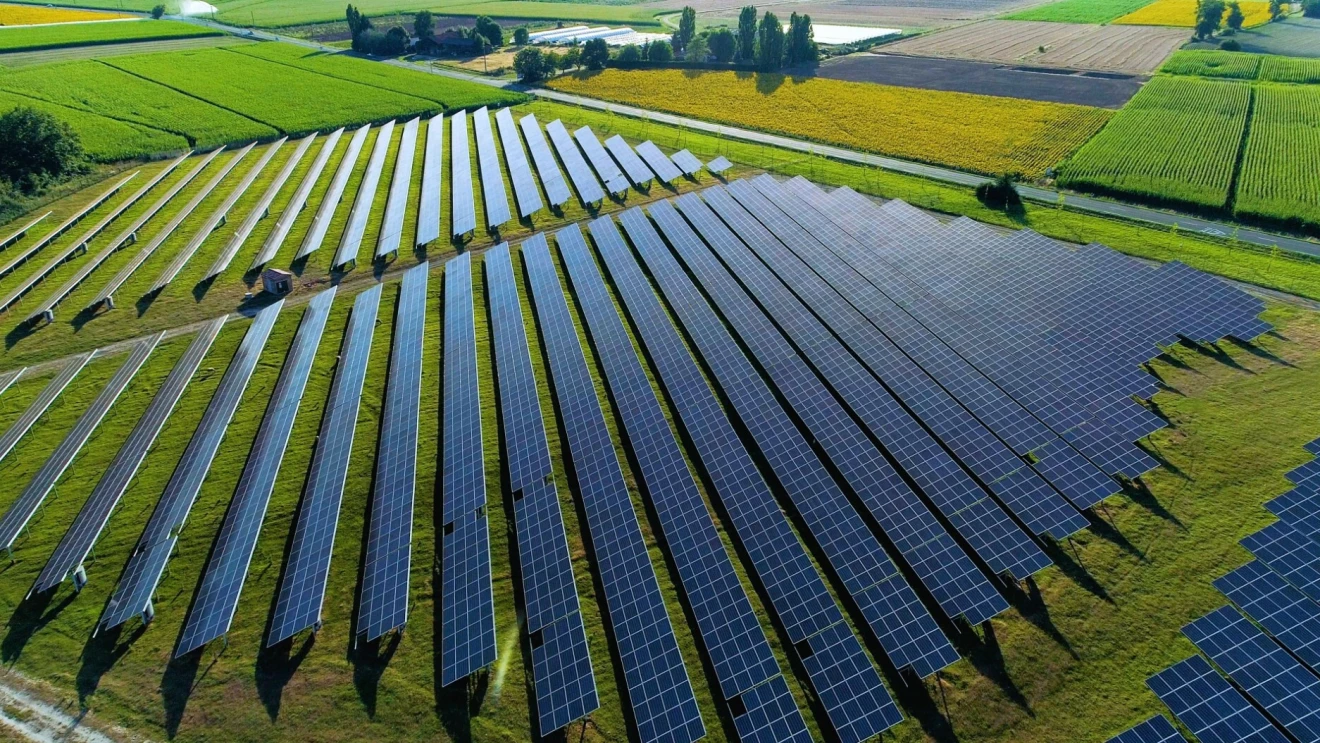Climate change stands as one of the paramount challenges of our era, presenting a multifaceted threat to both the environment and societies, predominantly propelled by human activities. As global temperatures soar due to these anthropogenic influences, the specter of climate change looms ominously over every facet of human existence. The imperative for an expansive and expeditious investment in clean energy and innovation across all economic sectors has never been more pressing.
Amidst this urgent call for action, the steel industry emerges as one of the foremost contributors to carbon dioxide emissions, ranking among the top three producers globally. Furthermore, the production of aluminum, the second most utilized metal worldwide, exacts a significant toll on the environment, responsible for nearly 1.1 billion tons of CO2 emissions annually.
In response to this critical juncture, Hydro’s trailblazing HalZero technology heralds a breakthrough in primary aluminum production. This proprietary innovation revolves around the conversion of alumina to aluminum chloride before electrolysis, ingeniously maintaining chlorine and carbon within a closed loop, thereby emitting solely oxygen. Initial tests of this groundbreaking technology have yielded exceedingly promising results, paving the way for forthcoming lab-scale piloting endeavors with the ambitious aim of commencing pilot production by 2025 and achieving industrial-scale implementation by 2030.
Simultaneously, the realm of metallurgy witnesses a groundbreaking development as Rio Tinto and Alcoa unveil the world’s maiden carbon-free aluminum smelting process. This revolutionary technique not only generates oxygen but also supplants all direct greenhouse gas emissions inherent in traditional aluminum smelting methods. This paradigm-shifting collaboration culminates in the formation of a new joint venture, Elysis, poised to spearhead the large-scale development and commercialization of this transformative process, with a technology package slated for market debut in 2024.
Apple assumes a pivotal role in fostering this collaborative endeavor, facilitating the partnership between Alcoa and Rio Tinto while offering technical support to the joint venture. The culmination of decades of research and development, this technology, represented by Elysis, is fortified by an array of patents and intellectual property rights.
In the domain of steel production, SSAB emerges as a vanguard in carbon emission efficiency, positioning itself as one of the most environmentally responsible steel companies globally. With a strategic focus on high-strength steels and ancillary services, SSAB endeavors to pioneer fossil-free steel, aiming for market introduction by 2026 and envisaging a substantial reduction in carbon dioxide emissions from its operations by circa 2030.
SSAB’s commitment to sustainability finds resonance in its partnership with Cargotec, heralding the advent of SSAB Zero™, a recycled steel devoid of fossil carbon emissions, into the cargo and load handling industry. This collaborative initiative underscores SSAB’s dedication to revolutionizing steelmaking by offering two distinct varieties of zero-emission steel: SSAB Zero™ and SSAB Fossil-free™, derived from recycled steel and fossil fuel-free iron ore, respectively.
Meanwhile, SSAB’s endeavor finds tangible expression in the establishment of Europe’s inaugural green steel plant in Boden, northern Sweden, under the aegis of Green Steel. Powered by hydrogen, this pioneering initiative aspires to commence steel production by 2025, leveraging hydrogen’s chemical reaction with iron ore to yield water vapor exclusively. Aligning with its sustainability ethos, H2 Green Steel harnesses renewable energy sources such as hydropower from the Lule river and wind parks in the vicinity, with the potential to curtail emissions by a staggering 95% vis-à-vis conventional steelmaking techniques.
On a parallel front, ArcelorMittal embarks on a transformative journey towards green steel production, buoyed by substantial government subsidies for its “hydrogen-ready” green steel plant in Ontario, Canada. With additional decarbonization projects slated for France and Belgium, ArcelorMittal emerges as a harbinger of sustainable steel production on a global scale.
Beyond the confines of traditional steelmaking, African Chrome Fields stands at the vanguard of innovation, poised to inaugurate a state-of-the-art aluminothermic smelting facility in Zimbabwe. Propelled by cutting-edge technology eschewing conventional power sources for the reduction of chrome ore to ferrochrome, this groundbreaking venture promises ultra-low carbon, high-grade ferrochrome within an unprecedented timeframe, heralding a new chapter in mineral beneficiation endeavors.
The crescendo of industrialization, coupled with a burgeoning global population, underscores the imperative for energy storage solutions to fortify the grid system’s flexibility and reliability. Nickel has emerged as a cornerstone of the green revolution, demonstrating its versatility not just in batteries but also in energy storage and a wide array of industrial applications. This remarkable metal holds immense importance in driving sustainable initiatives forward. Renowned entrepreneur Elon Musk has fervently championed increased nickel production, acknowledging its critical role in advancing electric vehicles (EVs) and presenting a compelling opportunity for savvy investors. In his capacity as the visionary CEO of Tesla, Musk has underscored nickel’s indispensable and high-value role in the manufacturing of electric vehicle batteries.
In this context, Albanian Minerals emerges as a beacon of hope, championing a mission to forge a greener future through principled endeavors guided by a commitment to environmental stewardship.
As the clarion call for decarbonization reverberates across industries, metals emerge as indispensable allies in the battle against climate change, offering a potent antidote to the perils of fossil fuel dependency.
In this epoch-defining juncture, the convergence of technological innovation, strategic partnerships, and unwavering commitment to sustainability coalesce to chart a course towards a greener, more equitable future. As humanity grapples with the urgent imperative to mitigate the impacts of climate change, metals emerge as linchpins in the transition towards a renewable energy paradigm, heralding a transformative era defined by sustainability and resilience.
Discover more from Green Innovation News
Subscribe to get the latest posts sent to your email.





